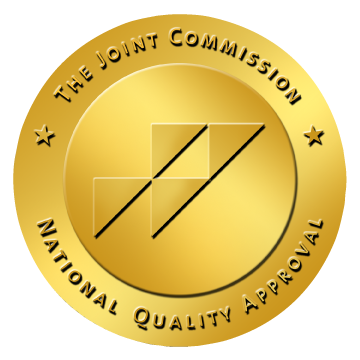If you’re the parent of a teen, you have good reason to be concerned about your teen using drugs. According to a 2023 survey, 10.9% of eighth graders, 19.8% of 10th graders, and 31.2% of 12th graders reported illicit drug use in the past year. Even more frightening is that drug overdose deaths among teens are rising.
As a parent, you need to be vigilant about observing your teen and understanding what signs might indicate that your teen is using drugs. If you suspect that they’re using, you can take action to protect your child by getting them the help that they need.
While it’s not unusual for teens to exhibit personality changes or mood swings, they can sometimes be an indicator of a mental health disorder or drug use, both of which require intervention. Some signs to look for include:
Any of these can be normal for adolescents, but they warrant a conversation with your teen to try to uncover the cause.
The most notable signs of potential drug use are significant changes in behavior. These may include:
Sometimes teens who are using drugs change in appearance, often not taking care of themselves as they should, or experiencing physical changes from the drug use. Some signs include:
Drug use obviously can affect the health of your teen. You might notice:
If you notice any of these signs in your teen, make an appointment with your child’s doctor or seek emergency medical care for more serious symptoms.
While you may be hesitant to invade your teen’s privacy, finding out if they are using drugs can be a matter of life and death. You should search their room looking for drugs, paraphernalia, or other evidence that suggests drug use. Leave no stone unturned.
Common hiding places may include:
You should also check their phone, which can be a prime source of information. Look for conversations that hint of drug use or purchases, or evidence that they’ve lied about where they’ve been. Check both texts and social media messages.
If you know or believe that your teen is using drugs, the first rule is don’t get angry. If you confront your child with angry accusations, they will likely either get defensive or shut down.
Instead, find a time to sit down and have a non-judgmental conversation with them. Ask them questions about what drugs they are using, if their friends use drugs, and most importantly, why they are using drugs. They may be using them to cope with anxiety or depression, or they may have felt pressure from friends to use.
Approach these questions with love and concern, and don’t punish them. You should, however, set expectations about their behavior. You can do things like having them check in with you when they’re with friends and allowing you to track their location with their phone.
You should also make an appointment for them with their doctor, who can evaluate their health, both physically and mentally, and refer you to resources for assessment and treatment if necessary. NEMG can also provide you with these resources.
A full substance abuse disorder assessment will determine if your teen is just experimenting, or if they need treatment, and if so, what course of treatment they require. The assessment will also uncover any co-occurring mental health disorders, such as anxiety or depression, that will require treatment as well.
Discovering that your teen is using drugs is frightening, but you need to be observant and look for the signs. The sooner you know, the sooner you can intervene and get your child the help that they need. With treatment and your support, your teen can go on to live a healthy and fulfilling life.
